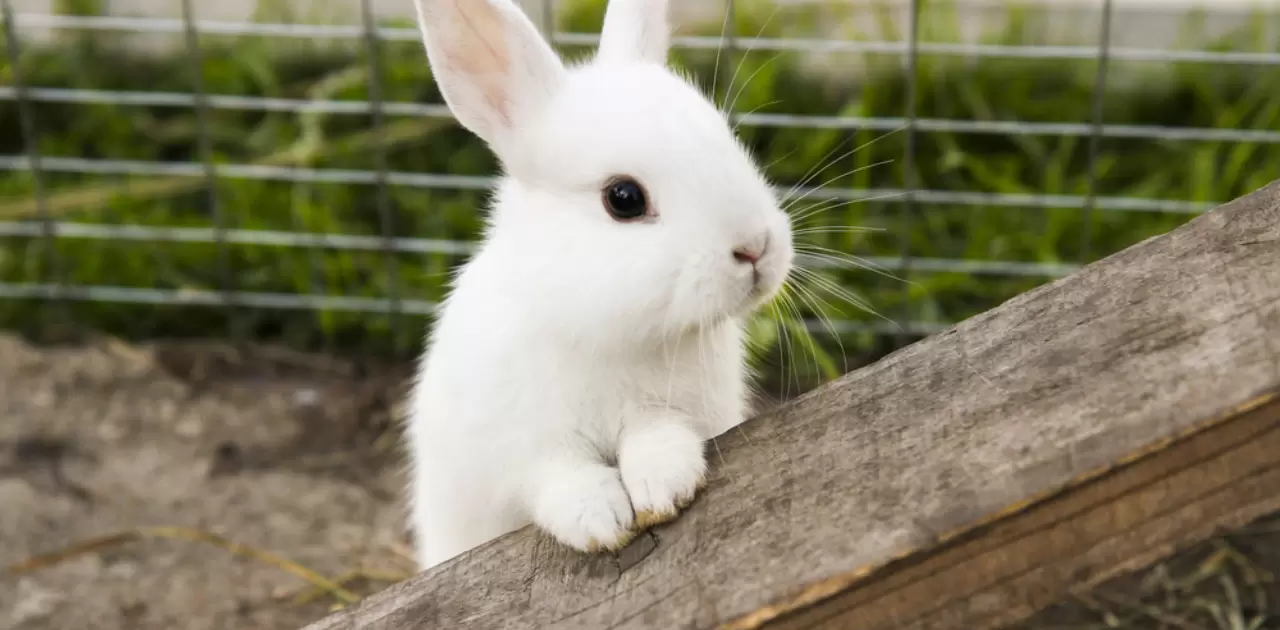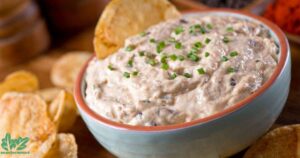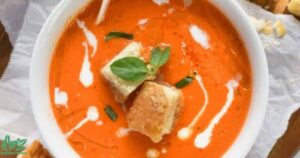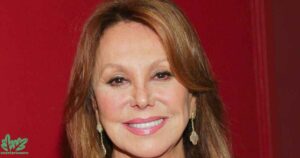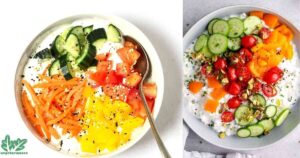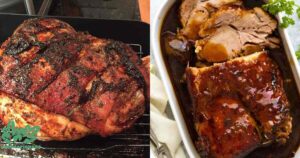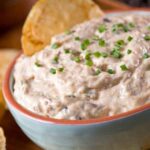Rabbits are delicate animals with specific dietary needs. Even short periods without food can be dangerous for them. Understanding their needs is crucial for any rabbit owner.
Hay is the cornerstone of a rabbit’s diet. Without it their health can quickly decline. Hay provides essential fiber for digestion and dental health.
Water is equally important for rabbits. Dehydration can set in quickly and lead to severe health issues. Always ensure your rabbit has access to fresh water.
How Long Can Rabbits Go Without Hay?
Hay is essential for a rabbit’s health. It makes up about 80% of their diet. Without hay, their digestion can suffer quickly.Rabbits need hay for its fiber. This keeps their gut moving properly.
It also helps prevent dental issues by wearing down their teeth.While a rabbit might survive a day without hay it is not safe. They can eat leafy greens or grass temporarily but hay is vital. Always provide a steady supply to keep them healthy.
Also read this: MCDONALD’S MENU PRICE AUSTRALIA (UPDATED 2024)
Can a Rabbit Survive on Just Hay?
Yes, a rabbit can survive on just hay. Hay is packed with essential nutrients that rabbits need. It provides the fiber necessary for healthy digestion and helps wear down their continuously growing teeth.
Many rabbit owners prefer a hay only diet skipping pellets entirely. This diet closely mimics what wild rabbits eat. In addition to hay you can also give fresh greens to add variety and extra nutrients.
While pellets can be beneficial they are not necessary if the rabbit is getting high-quality hay and fresh greens. Pellets are just compressed hay and other plants. If you choose to skip pellets ensure your rabbit has access to different types of hay and a variety of safe greens to maintain a balanced diet.
What Happens if a Rabbit Does not Eat?
If a rabbit does not eat, serious health issues can develop quickly. Their digestive system needs constant movement, which food provides. Without food, their gut can slow down, leading to gastrointestinal (GI) stasis.
GI stasis is a dangerous condition where the digestive tract stops moving. This can cause painful gas bloating and blockages. If not treated promptly, it can be fatal.
Within just 12 hours of not eating a rabbit’s health can decline rapidly. Dehydration sets in and organ failure can follow. It is crucial to seek veterinary help if your rabbit refuses food for several hours.
Risks of Your Rabbit Going Without Food
Going without food poses severe risks to your rabbit’s health. Just 12 hours without eating can lead to gastrointestinal (GI) stasis, where the digestive system slows down or stops. This condition causes painful gas, bloating, and blockages, and can be fatal if not treated promptly.
Dehydration is another immediate risk. Without food and water a rabbit can become dehydrated quickly leading to kidney malfunction and other organ failures. Even a short period without hydration can start a dangerous domino effect on their health.
A hungry rabbit may chew on inappropriate objects like bedding or furniture which can cause further harm. To prevent these serious health issues always ensure your rabbit has a constant supply of hay and fresh water. If your rabbit stops eating for several hours seek veterinary care immediately.
How Long Can Rabbits Go Without Water?
Rabbits need a constant supply of fresh water to stay healthy. They should never go without water for more than a day. Dehydration can set in quickly, especially in warm weather, leading to severe health problems.
Without water a rabbit’s digestion slows down increasing the risk of gastrointestinal (GI) stasis. This condition is dangerous and can be fatal if not treated promptly. Dehydration also impacts kidney function causing the kidneys to start failing.
Signs of dehydration in rabbits include lethargy dark and thick urine and tiny misshapen droppings.
Always provide fresh clean water in a bowl as rabbits generally prefer bowls over bottle feeders. Check the water supply multiple times a day and refresh it regularly to ensure your rabbit remains hydrated. If your rabbit shows signs of dehydration or stops drinking seek veterinary care immediately.
Also read this: KFC MENU WITH PRICES AUSTRALIA (UPDATED 2024)
Do Rabbits Prefer Water Bowls or Bottle Feeders?
Rabbits generally prefer water bowls over bottle feeders. Bowls allow them to drink more naturally and comfortably. They can sip as much water as they need without straining.
Bottle feeders release water slowly one drop at a time which can be frustrating for rabbits. Bottles can also get clogged or malfunction leaving the rabbit without water. This can lead to dehydration and health problems.
Water bowls are easier to clean and maintain ensuring the water stays fresh. Although bowls can be tipped over or contaminated with bedding. There are tip-proof designs available. Always choose a sturdy heavy bowl to prevent spills and keep your rabbit hydrated. Regularly check and refresh the water to ensure your rabbit has a constant supply.
Why is My Rabbit Not Eating or Drinking?
If your rabbit is not eating or drinking it could be due to several reasons. One common cause is illness or pain. Gastrointestinal (GI) stasis dental problems or infections can make eating and drinking painful or difficult.
Stress can also cause a rabbit to stop eating or drinking. Changes in their environment the loss of a companion or loud noises can stress them out. Ensure their environment is calm and stable to help reduce stress.
Another possibility is that your rabbit has consumed something harmful causing digestive upset. Check for any hazardous items they might have chewed on. If your rabbit continues to avoid food and water for several hours it is crucial to seek veterinary help immediately to diagnose and treat the underlying issue.
Illness/Pain
Illness or pain can cause a rabbit to stop eating or drinking. Conditions like gastrointestinal (GI) stasis dental issues or infections can make consuming food and water uncomfortable. If your rabbit shows signs of illness or pain such as lethargy unusual posture or changes in behavior seek veterinary care immediately. Early diagnosis and treatment are essential to prevent serious health complications.
Dental Problems
Dental problems such as overgrown or misaligned teeth can hinder a rabbit’s ability to eat. Painful dental issues may cause them to avoid food and water altogether. Signs of dental problems include drooling difficulty chewing and weight loss. Regular veterinary check-ups and proper dental care are crucial for maintaining your rabbit’s oral health.
Stress
Stress can greatly impact a rabbit’s appetite and hydration. Environmental changes loud noises or the loss of a companion can trigger stress in rabbits. Signs of stress include hiding decreased activity and changes in behavior. Providing a calm stable environment and spending quality time with your rabbit can help reduce stress levels.
What to Do if Your Rabbit Isn’t Eating or Drinking
If your rabbit isn’t eating or drinking it is essential to take action promptly. First, carefully observe your rabbit for any signs of illness pain or stress. Check for any potential hazards in their environment and ensure they have access to fresh water and a variety of fresh, high-quality hay and greens.
If your rabbit continues to refuse food or water for several hours contact your veterinarian immediately. Delay in eating or drinking can lead to serious health issues like dehydration or gastrointestinal stasis. Your vet can diagnose the underlying cause and provide appropriate treatment to help your rabbit recover and regain their appetite and hydration.
How to Get Your Rabbit to Eat More Hay
Encouraging your rabbit to eat more hay is essential for their health. Try offering different types of hay to see which ones they prefer. Freshness matters, so make sure the hay is high-quality and free of dust or mold.
You can sprinkle some hay over their favorite greens or veggies to entice them to eat more. Placing hay near their water dish or litter box can also encourage grazing throughout the day. Lastly, limit their access to pellets as they should make up only a small portion of their diet, which can encourage them to eat more hay.
How to Get Your Rabbit to Eat His Pellets
Encouraging your rabbit to eat his pellets is important for a balanced diet. To make pellets more appealing, try offering a variety of pellet brands to see which one your rabbit prefers. Mixing in some fresh fruits or veggies can also make the pellets more enticing.
Using a foraging mat instead of a dish can stimulate their natural instincts and encourage pellet consumption. Ensure pellets are fresh and properly stored to maintain their flavor and nutritional value. If your rabbit still refuses to eat pellets consult with your veterinarian for further guidance.
How to Get Your Rabbit to Drink More Water
To encourage your rabbit to drink more water provide a clean and fresh water source at all times. Consider using a water bowl instead of a bottle feeder as rabbits may prefer drinking from bowls. Place multiple water bowls in different areas of their enclosure to make it easily accessible.
Try refreshing the water frequently throughout the day to keep it enticing. If your rabbit still does not drink enough water try offering filtered or bottled water instead of tap water as some rabbits may be sensitive to the taste or smell of tap water. If concerns persist, consult your veterinarian for further advice and evaluation.
How Long Can I Leave My Rabbits Alone?
You can leave your rabbits alone for a day or two if they have sufficient food water and a safe environment. It is essential to ensure they have enough space to move around and engage in natural behaviors.
Leaving them alone for longer periods may require arranging for someone to check on them regularly especially to ensure their water supply remains fresh and adequate. For extended absences consider having a trusted friend or pet sitter visit to provide care and companionship for your rabbits.
Frequently Asked Questions
How much hay should I feed my rabbit?
Rabbits should have unlimited access to hay, with about 80% of their diet consisting of it.
How often should I clean my rabbit’s water bowl?
Water bowls should be cleaned and refilled with fresh water daily to prevent contamination.
Can rabbits eat fruit and vegetables?
Yes, rabbits can eat a variety of fruits and vegetables in moderation as part of a balanced diet.
Do rabbits need to be vaccinated?
Yes, rabbits should be vaccinated against diseases like rabbit hemorrhagic disease (RHD) and myxomatosis, as recommended by your veterinarian.
How can I prevent my rabbit from becoming overweight?
Limit the amount of pellets and high-calorie treats, and provide plenty of opportunities for exercise and enrichment.
What should I do if my rabbit stops eating or drinking?
Contact your veterinarian immediately for advice and treatment to prevent serious health issues.
How can I train my rabbit?
Use a litter box filled with rabbit-safe litter place it in a corner of their enclosure and reward them for using it consistently.
Conclusion
Ensuring your rabbit’s health and well-being requires attention to their dietary needs including providing unlimited access to hay freshwater and a balanced diet of pellets vegetables and fruits.
Regular veterinary check-ups are essential to catch any health issues early and prevent complications. Creating a safe and enriching environment for your rabbit, with plenty of space to move and explore contributes to their overall happiness and longevity.
Remember to monitor your rabbit’s eating and drinking habits closely and seek veterinary advice promptly if you notice any changes or signs of illness. By being proactive about their care and addressing any concerns promptly. You can help your rabbit live a long healthy and fulfilling life as a beloved member of your family.

Ethan Henry with 8 years of expertise in bamboo, excels in sustainable design, construction and product development. His passion for eco-friendly solutions has driven innovative advancements in bamboo-based industries.
